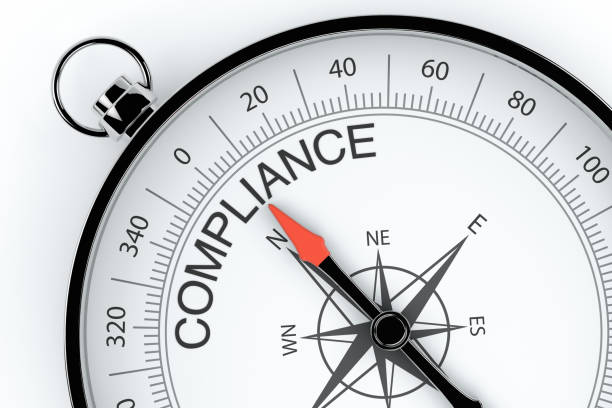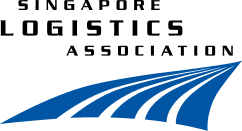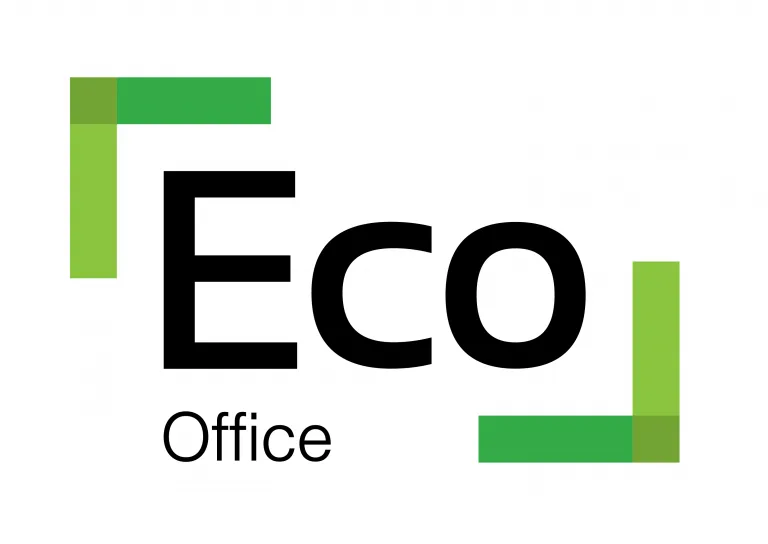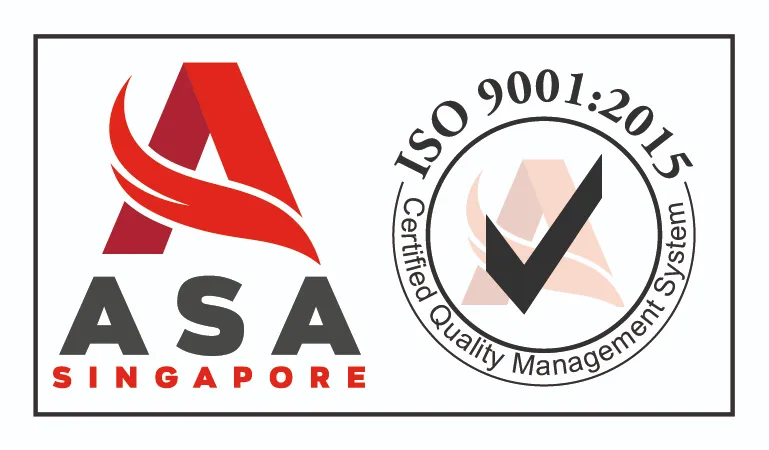For businesses involved in import and export, compliance with Singapore Customs is not just important it’s essential. Even when companies do their best to stay compliant, Customs audits can happen. These audits are designed to ensure that businesses are declaring goods correctly, paying the right duties and taxes, and following Singapore’s trade regulations.
If you’ve never experienced a Customs audit, it can feel intimidating. But with the right preparation and understanding, the process can be smooth and manageable. Here’s what you need to know.
What Is a Customs Audit?
A Customs audit is an official review by Singapore Customs to check whether your company’s import and export declarations are accurate and compliant. It typically involves:
Verification of trade documents – invoices, packing lists, permits, shipping documents
Review of HS code classification – whether the correct tariff codes are applied
Examination of valuation methods – ensuring goods are declared at the correct customs value
Check on duty and GST payments – confirming that the right amounts have been paid
Audits are not meant to penalise businesses unnecessarily. Instead, they help Customs maintain fair and transparent trade practices.
When Does a Customs Audit Happen?
Customs audits may be routine, risk-based, or triggered by specific red flags, such as:
Inconsistent or repeated errors in declarations
Unusual changes in trade volume or product categories
Incorrect HS codes or undervaluation of goods
Complaints or referrals from trade partners
Most companies are selected at random for routine audits. However, businesses that frequently import or export high-value goods may be audited more often.

What to Expect During a Customs Audit
Notification Letter
Singapore Customs will formally notify your business of the audit. The letter usually outlines the scope of the audit and the documents required.
Document Submission
You may be asked to provide permits, invoices, contracts, and payment records.
Review Process
Customs officers will check the accuracy of HS codes, valuation, and duty/GST calculations.
Audit Findings
After the review, you will be informed of any discrepancies. In some cases, additional duties or penalties may apply.

How to Prepare for a Customs Audit?
The best way to prepare is to always stay compliant. Here are key steps businesses can take:
1. Maintain Accurate Records – Keep all shipping and trade documents for at least 5 years, as required by law. Ensure they are well-organized and easily retrievable.
2. Classify Goods Correctly –Use the right HS codes for your products. Misclassification can lead to fines and backdated duties.
3. Declare the Right Customs Value – Always declare goods at their proper transaction value, including freight, insurance, and other costs.
4. Conduct Internal Compliance Checks – Regularly review your import/export processes. Identify gaps before Customs does.
5. Engage a Professional Customs Broker – Working with a licensed declaring agent like Declarators can minimize errors, ensure compliance, and give you peace of mind.

Consequences of Non-Compliance
Failure to comply with Customs regulations can result in:
Payment of backdated duties and GST
Financial penalties
Suspension of import/export permits
Damage to your business reputation
Being proactive about compliance is far less costly than fixing problems after an audit.
A Customs audit in Singapore doesn’t have to be stressful. With proper preparation, accurate record-keeping, and the support of an experienced declaring agent, businesses can handle audits smoothly and continue trading without disruptions.
At Declarators, we help businesses simplify customs declarations and stay compliant with Singapore Customs requirements. Whether it’s document preparation, HS code classification, or end-to-end customs consultancy, our team is here to guide you every step of the way.
🌐 www.declarators.com.sg
📧 group@declarators.com.sg
📞 +65 6385 2155

















